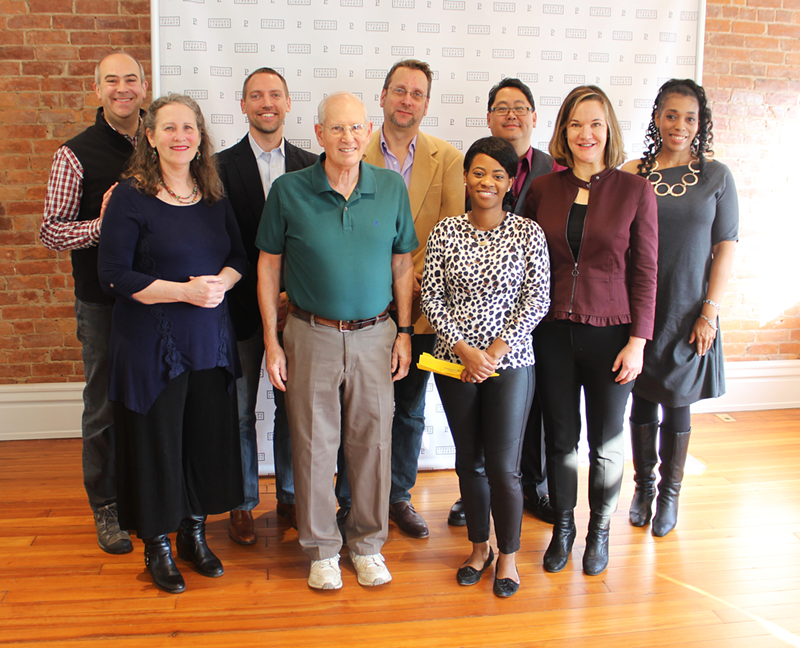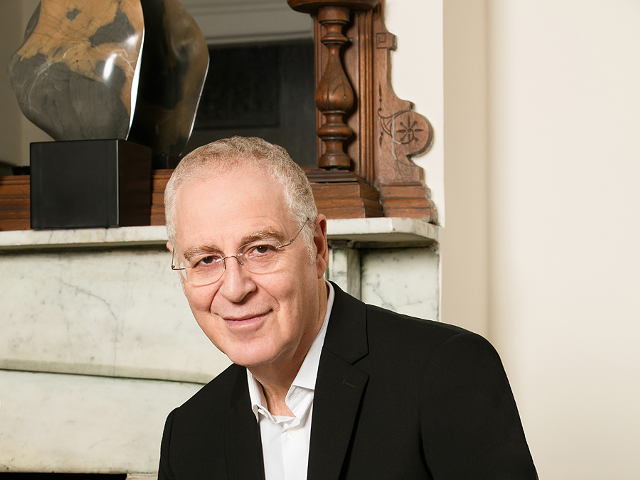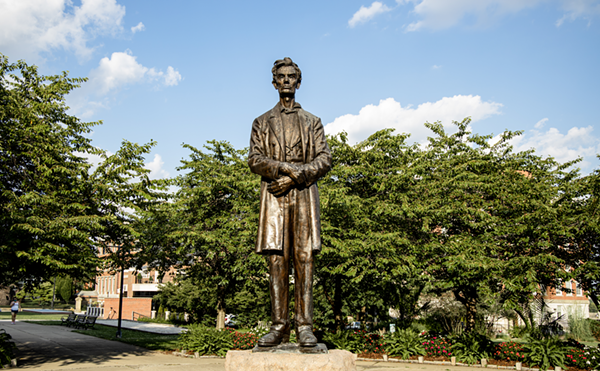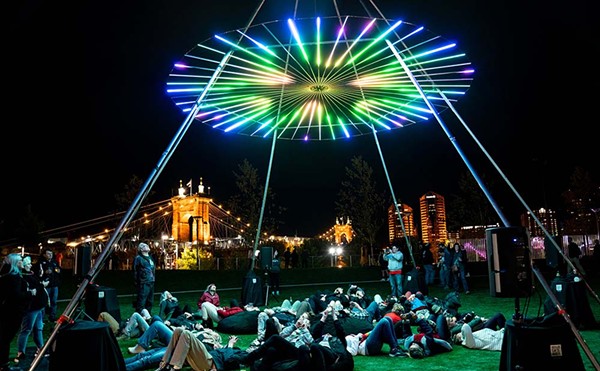
People’s Liberty has announced the first round of winners for its 2018 Project Grant program. Eight individuals were awarded $10,000 each to sponsor innovative ideas that combat civic issues or promote community development.
Since its inception in 2015, the Project Grant program has generated 56 grantees, with eight winners per bi-yearly cycle. Winners in the first cycle of 2018 are Clayton Brizendine, Simone Cocks-Charles, April Culbreath, Tina Dyehouse, Eric Gruenstein, Jay Kalagayan, Jeffrey Miller and Geralyn Sparough.
People’s Liberty is a self-described philanthropic lab that experiments with allotting grants directly to people, as opposed to organizations or nonprofits. The grants provide individuals with funding and mentorship.
Each grantee is eager to begin. Culbreath, owner of A.D. Culbreath Designs, says her “Operation Comfy Chair” idea will help distressed and homeless veterans by having them restore old furniture and donate the finished pieces.
“The goal is to put these tools into veterans’ hands,” she says. “Put them back into the mindset of service because they want to serve. They have the opportunity to strip something down, which is symbolic of their lives, and rebuild it, recover it and then put it back to good use.”
Aurore Fournier, People’s Liberty program director, said this round considered 70-plus applicants. The four women and four men honored in this cycle range in age from 27 to 75 and represent a variety of positive ambitions.
“Our whole staff is here to support our grantees,” Fournier says. “I like to say that we are the enablers and these grantees are the doers.”
Brizendine is hoping to recruit an entire neighborhood of doers to restore at least two dilapidated basketball courts in an area still to be determined. He plans to employ local artists and neighborhood volunteers to not only clean up, but also turn the courts into works of art.
“Center court — imagine that being the center of your neighborhood,” Brizendine says. “And residents can paint their most important symbols or words inside.”
Sparough will utilize an upcoming public event to host an all-inclusive weaving operation. Her efforts, called Shelter from the Storm, will yield an approximately 10-by-30-foot community-woven piece to be used as a standalone shelter. And Dyehouse will explore the power of social media and appoint an ombudsman to investigate and resolve problems individuals have with government or public agencies.
Cocks-Charles will use her local business BLUSH The Event Loft as a meeting space for beneficiaries of her project, Campus Closet. Whether it be assembling “care packages” or organizing meetings to educate on the Federal Student Aid process and student loan debt, Cocks-Charles wants to prepare students for the unexpected financial burdens of college. She will target a local school that is still to be decided.
Because the groundwork for these projects is yet to be laid, a lot of specific details for the grantees are still in the works. One winner however, knows exactly where his plans will pan out: the sewer.
Kalagayan, a founder of The Know Theatre, wants to combine the Cincinnati sewer system setting of his comic book with the experience of actually being in a sewer service tunnel. MeSseD (the title of the book and project) will raise awareness and appreciation for Metropolitan Sewer District workers with an interactive display of the story in an actual service tunnel.
“We are a very flush-and-forget-it society,” Kalagayan says. “We only seem to care about this essential service when it goes wrong.”
Another grantee is combating waste, but in a totally different way. Miller is concerned with food waste and wants people to stop throwing out or avoiding the purchase of “ugly food.” He will host an event with local chefs who will show attendees the value of such food and how to prepare meals with it.
Finally, a project known as BioChar, created by Gruenstein, is geared toward educating families about using charcoal as a soil to grow food. He hopes to mitigate the dangers of climate change and promote nutritious eating habits. The oldest of the grantees, he is a professor of molecular genetics and neuroscience at University of Cincinnati’s College of Medicine.
Fournier and the grantees are looking forward to launching these projects in January, and hope to be celebrating their successes come June. The next cycle of winners will be announced in spring 2018.
For more information on the PEOPLE'S LIBERTY PROJECT GRANT winners, visit peoplesliberty.org.






